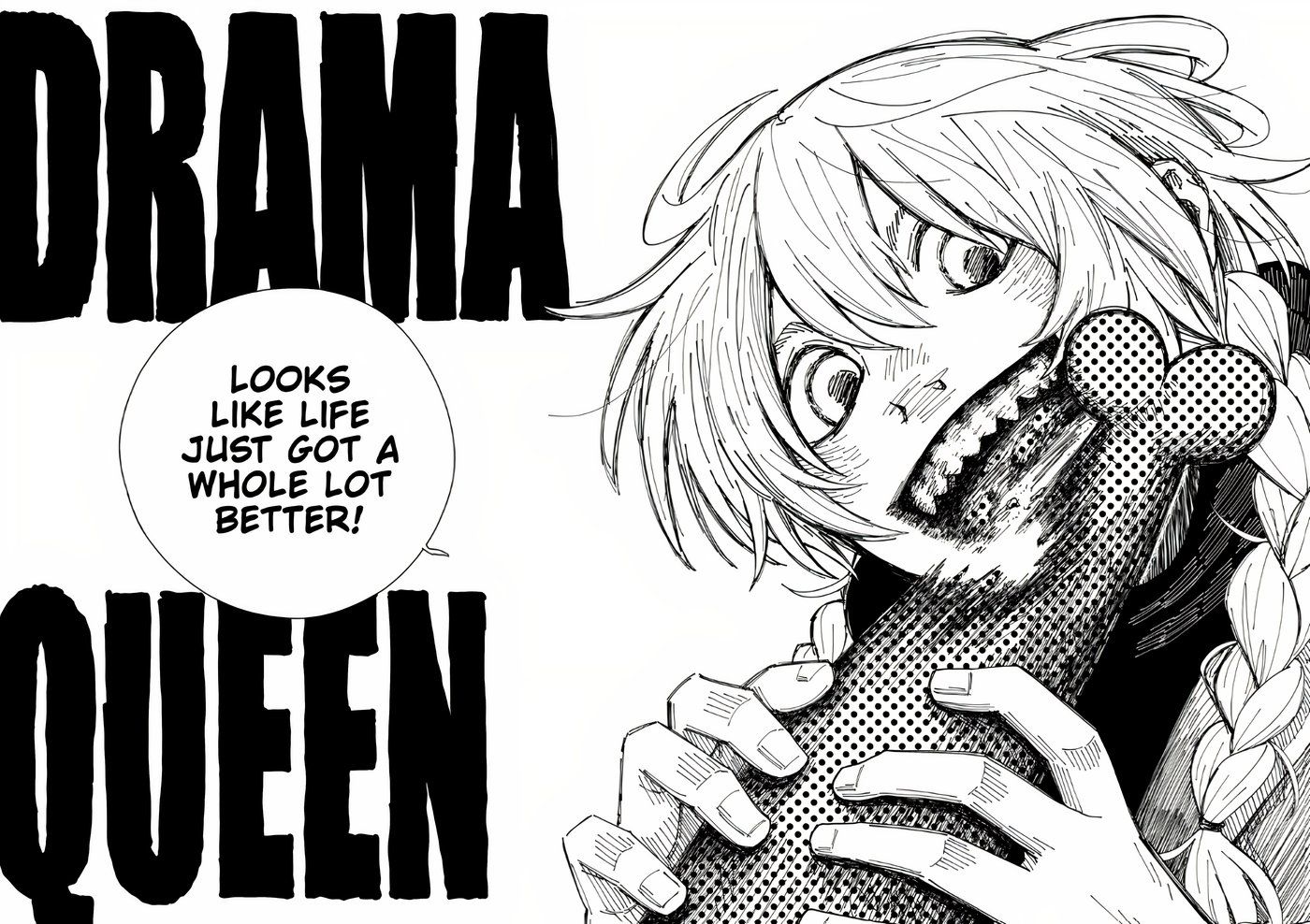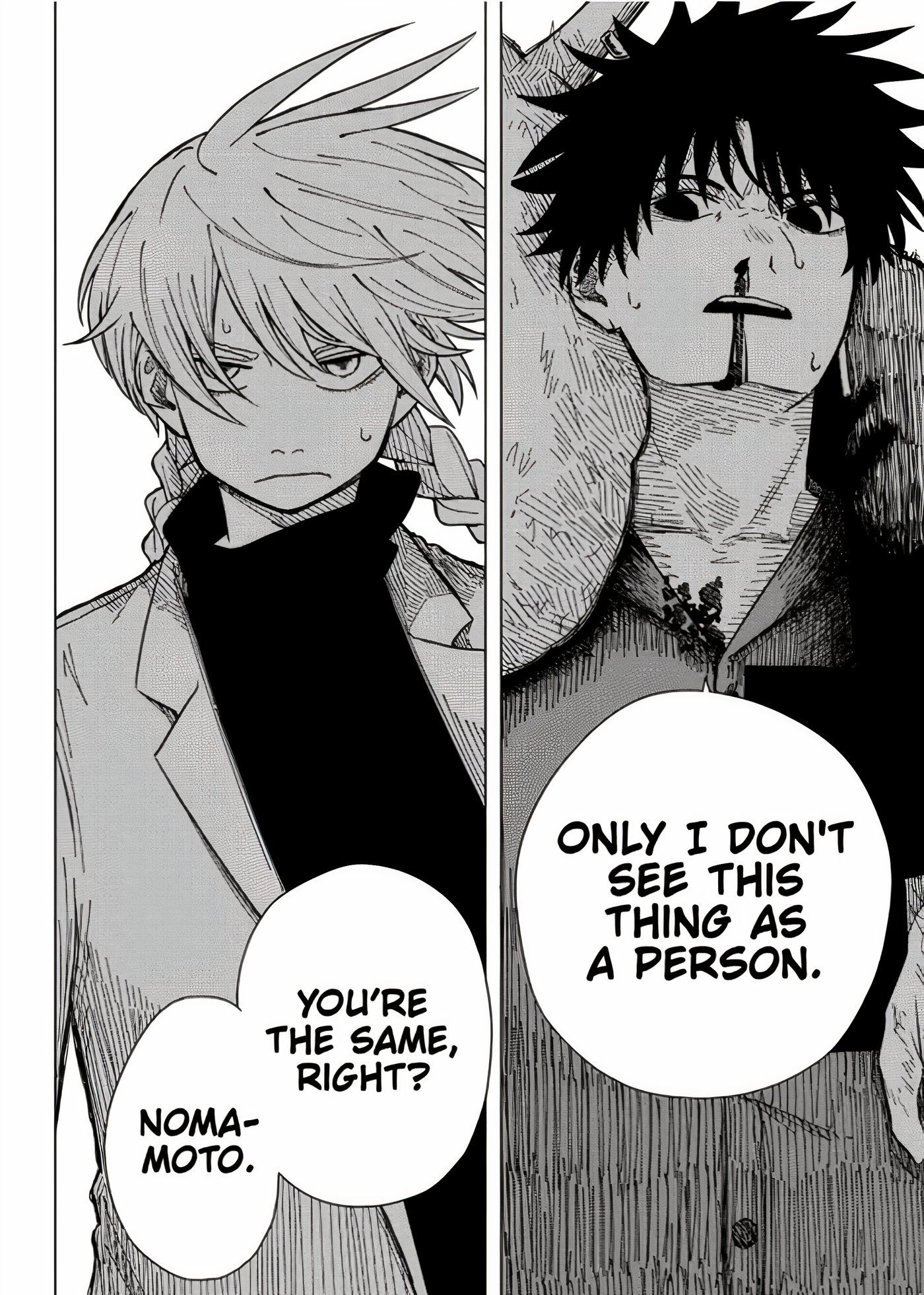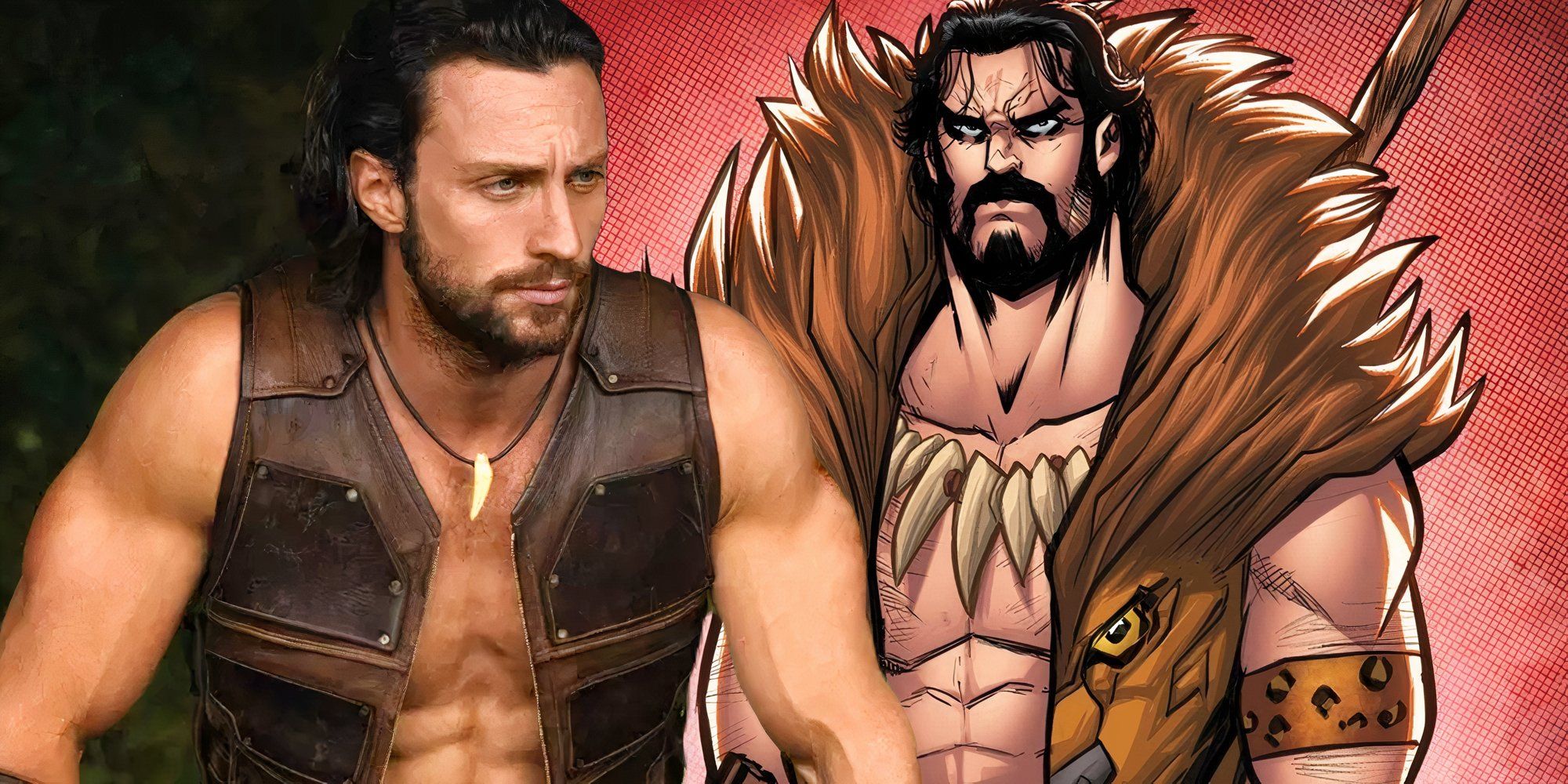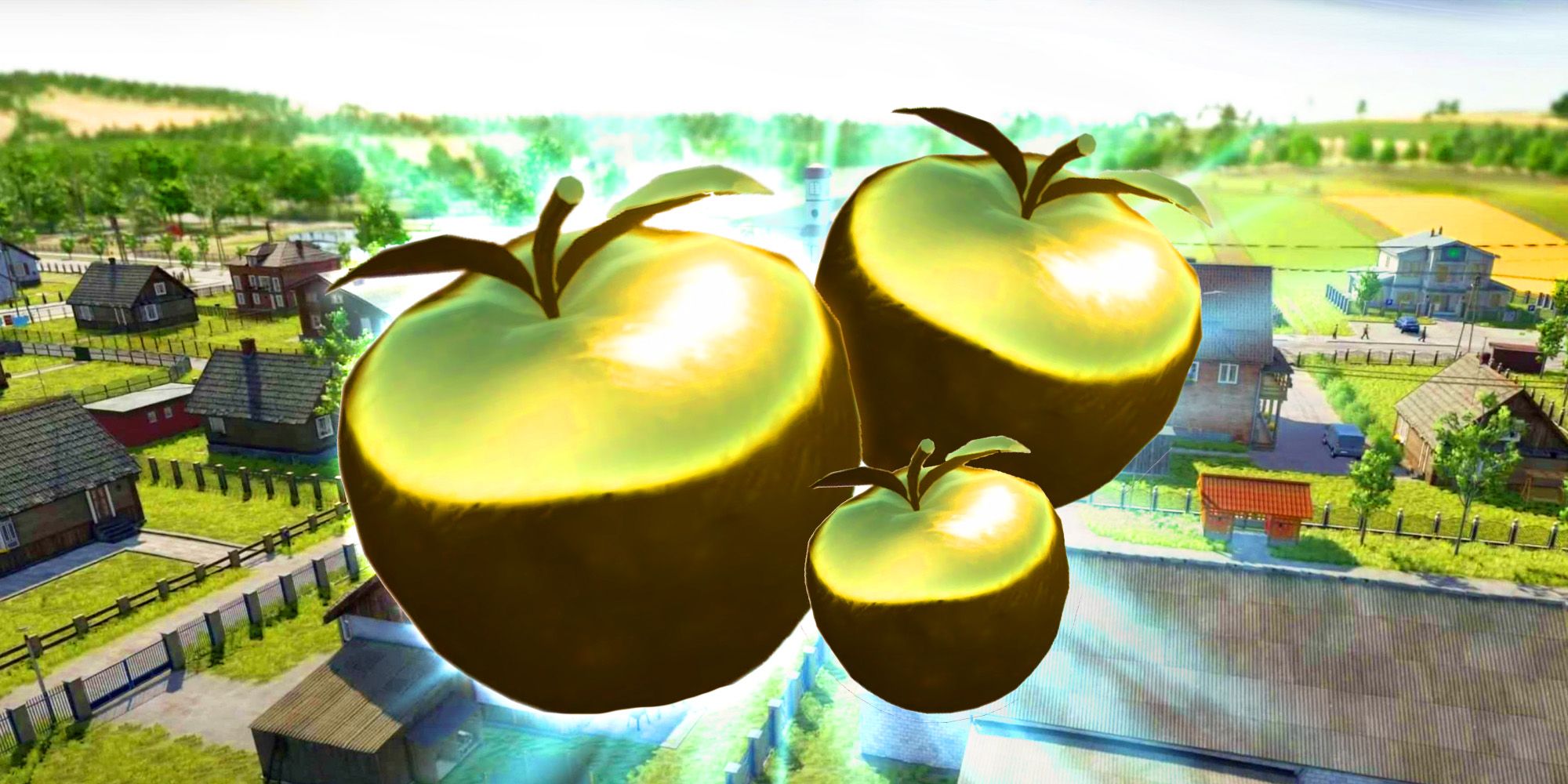Shonen Jump is currently facing one of the most challenging times in the magazine's long history. After its major sales-driving series - Jujutsu Kaisen and My Hero Academia - ended at basically the same time, One Piece is the only manga left to carry on its back what is supposed to be the premiere publication in the industry. Over the past years, Shonen Jump has frantically searched for the "next big thing", without much success, with the exception of Kagurabachi.
However, a series that just debuted has gotten all the attention that Shueisha wanted, but perhaps for the wrong reasons. Drama Queen by Kuraku Ichikawa debuted on December 2, 2024, on Shonen Jump+, the digital sister publication of Weekly Shonen Jump, whose lineup includes massive hits such as Spy x Family, Chainsaw Man, and the recent success, Dandadan. On MANGA Plus, Shueisha's digital reading app for the Western market, Drama Queen ranks, at the time of writing, as first in the "trending" chart and fourth in the "hottest" one, with its second chapter being outdone only by established series Chainsaw Man, One Piece, and Boruto.
Yet, this popularity does not only come from the quality of the manga itself. The themes, setting, and story have sparked a big outrage online, with fans taking to social media to chastise Drama Queen for having blatantly racist and xenophobic tones. While the debate seems to have toned down between the first and the second chapter, it's still very much going on, as proved by the fact that Drama Queen #2 has almost 500 comments on MANGA Plus, compared to One Piece's latest chapter which barely goes above 350.
Western Fans Are Getting a Lot of Things Wrong About Drama Queen
In Drama Queen, planet Earth experiences a sudden and unstoppable immigration wave of aliens, after this yet-unnamed species saves Earth from an impending meteor strike. Earth authorities thua welcome the aliens, who integrate into daily life despite their different looks. However, there is a significant cultural shift, which is perfectly portrayed in the first chapter. Everyone on Earth loves the aliens because of their intervention and the innovations brought by their technology, so they are basically allowed to do whatever they want.
The protagonist, a girl named Nomamoto, works a menial, low-wage job for a tyrannical alien boss who exploits his workers and doesn't even speak their language. She believes she is the only one who hates the aliens until she meets coworker Kitami, a boy who lost his family in a car crash caused by drunk aliens, who were never persecuted for it. One night, Kitami shows up at Nomamoto's place with an alien he accidentally killed. To dispose of the body, Nomamoto, who could never afford to eat enough food, decides to cook and eat it, discovering she enjoys the taste of aliens, which Kitami finds disgusting.
This wild premise continues in chapter #2, where the duo decides that Kitami will kill as many aliens as he can, and Nomamoto will get rid of the bodies by eating them. It's understandable that some readers may find the story problematic due to its depiction of xenophobic crimes, but Drama Queen is clearly a lot deeper than that. However, many Western fans were quick to judge it based on their own cultural framework, without thinking about what Japan's relationship with immigration actually is.
Japan's Relationship With Immigration Is Radically Different From the Western World

Contrary to what happens in many Western countries, Japan has almost no unskilled immigration due to its strict 1990 Immigration Law, which officially refused unskilled foreign labor. While the law has been amended in 2024, making it easier to recruit foreign workers, the situation has not changed much. The majority of people immigrating to Japan are skilled workers, and even for them, it's not exactly easy.
This doesn't mean, of course, that Japan has an easy relationship with foreigners. As a formerly isolationist country that was forced to open its doors to the Western world twice by military means, Japan's relationship with the "outside" has always been complex and fascinating. For example, the country has recently been pushing back against over-tourism, especially a recent trend of people disrespecting Japanese traditions and customs to then post videos online. Many shops have started putting out signs highlighting "bad behavior" that tourists should avoid, even at a time when the government is trying to encourage tourism to boost the economy.
It's in this context that a work such as Drama Queen should be analyzed. The aliens in the story are nothing like the immigrants that populate Western cities and can correctly be identified as vulnerable sectors of society. The aliens in Drama Queen have the best jobs, they disrespect the local Japanese people, and are unfairly protected by the law and the authorities. They literally walk around like they own the place, which is not an accurate depiction of immigration in Western countries.
What Is Drama Queen's Message?
It's Not About Immigration, It's About Politics
What is, then, the message that Drama Queen is trying to convey, if there is one? The series is certainly trying to be provocative, but going as far as saying it's trying to spread a racist message may be too much. Rather, the source of inspiration for the manga may be found in the above-mentioned tourist crisis that has become a topic of discussion in the country recently. Japanese people always carried an unfortunate label of racism, but this issue is for them to debate, not for some Western kids whose only contact with Japanese culture has been through manga and anime.
More than about race, Drama Queen seems to be about privilege. The aliens are stand-ins for a privileged class that was able to get into the good graces of the people by, essentially, lying (it's already implied in the series that the meteorite accident was staged) and offering them some tech-based entertainment. If anything, they are a lot more similar to politicians and industry magnates. They are above the law, they act as if they are better than everyone else, and they exploit cheap labor.
The act of "eating your enemy" itself can be seen as an interesting exploration of how we define what is "human" and what is not. Hiding deeper themes beyond dark humor and provocations, thus following in the footsteps of Chainsaw Man, the series it has been mostly compared with, Drama Queen promises to be a compelling exploration of the concept of humanity as it applies to both the "other" and ourselves.

Unfortunately, these nuances seem lost to a large part of the Western audience, with some people going as far as advocating for Shueisha to cancel the series immediately. The debate seems now evenly split, with just as many fans appreciating the provocative tone of the series. However, what is undeniable is that Drama Queen is truly revolutionary in its decision to push the boundaries of the genre and focus on real-life issues that shonen manga rarely want to approach.
At the time of writing, there has been no outrage in Japan about this new series, but things may always change. What the immediate reaction to Drama Queen from Western manga fans proved is that, even in a world where Japanese entertainment seems to be taking over the industry, it's still too easy to judge a work of art without really trying to understand the culture that produced it.
source: eastasiaforum.org









 English (US) ·
English (US) ·